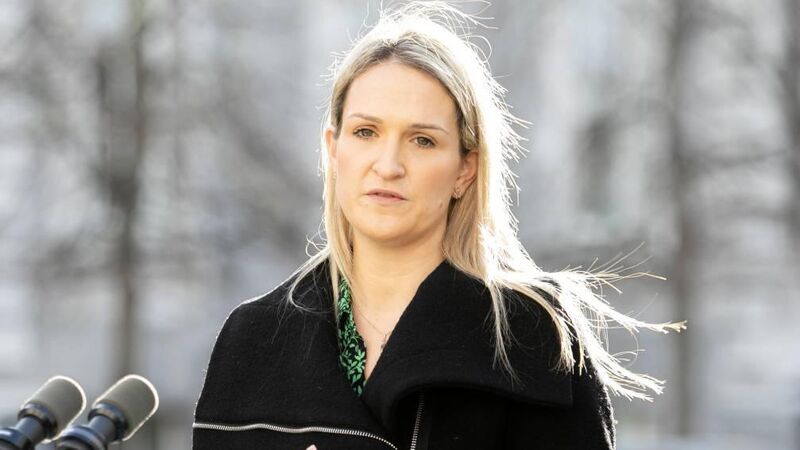Adults who force children into criminality to face prison under new ‘Fagin’s Law’

Justice Minister Helen McEntee said these adults were 'ruining young people’s lives and blighting their communities'. Picture: Gareth Chaney/Collins
Long-awaited laws criminalising adults who entice or force a child to engage in any form of criminality have now come into force.
The so-called ‘Fagin’s Law’ will make the offence punishable by up to five years in prison, on conviction in the higher courts.













